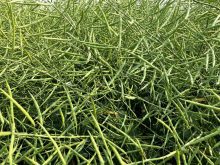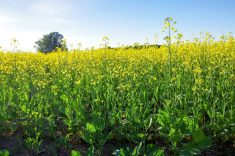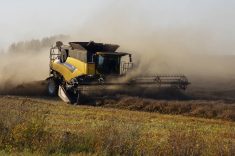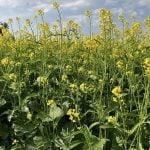Montreal — Canola industry leaders attending the first Canadian Crops Convention here this week say they don’t know why China has abruptly blocked imports of Canadian canola from Richardson International, Canada’s biggest grain company.
But according to a senior Richardson official it’s in retaliation to the diplomatic spat between China and Canada over the arrest of Meng Wanzhou, chief financial officer of Chinese tech firm Huawei, at the request of U.S. government, which seeks her extradition on charges of bank and wire fraud.
“Richardson has been directly targeted,” Jean-Marc Ruest, Richardson’s senior vice-president of corporate affairs, told CBC News on Tuesday. “We think this is part of a larger Canada-China issue, and we hope it gets resolved expeditiously.”
Read Also
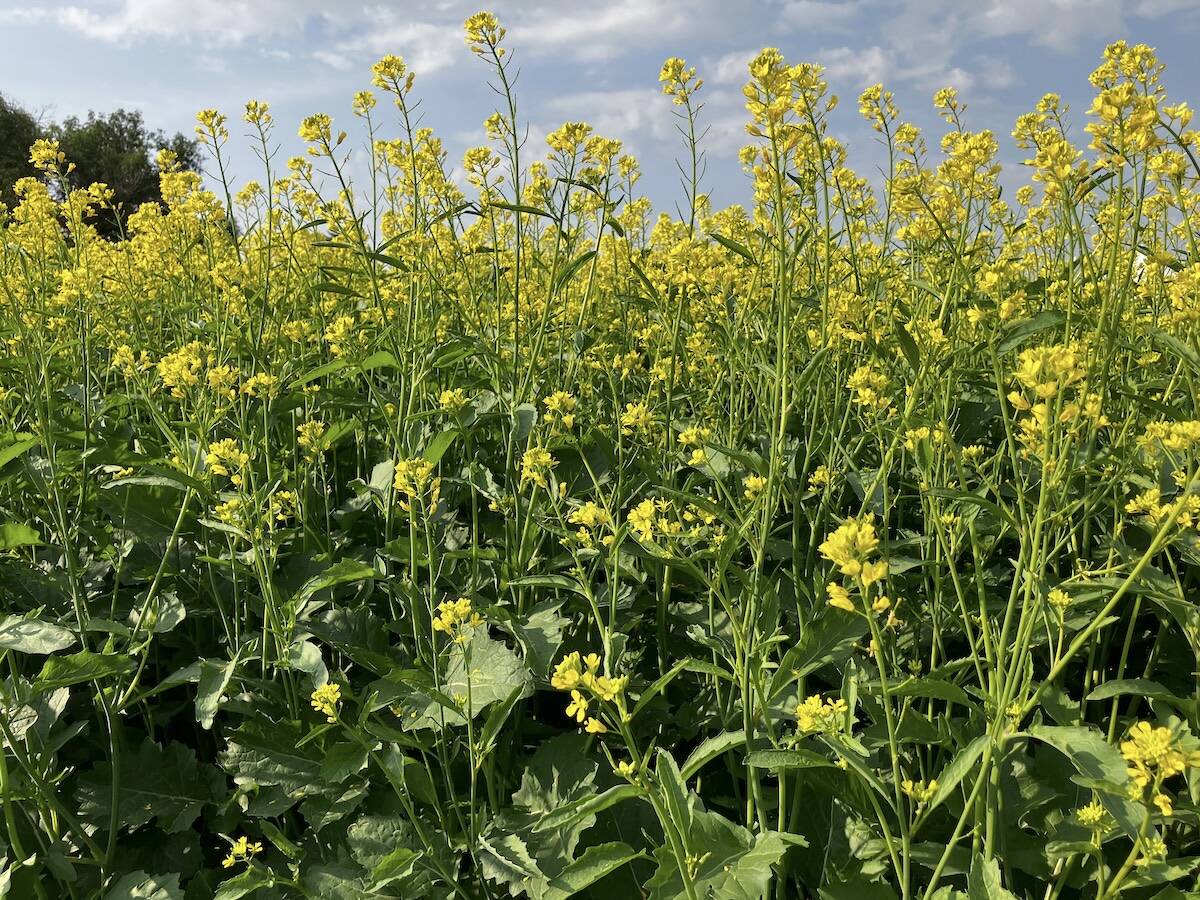
Mustard prices holding steady
Mustard markets in Western Canada are showing little movement this winter, said Norm Hall, board chair of the Saskatchewan Mustard Development Commission.
A Richardson official confirmed Ruest was quoted correctly.
Ruest was not available later Tuesday for an interview with the Manitoba Co-operator. But Ruest told CBC Richardson doesn’t believe China’s actions are related to its past efforts to restrict Canadian canola imports over concerns the dockage harbours the canola fungal disease blackleg.
“In regards to any issue of quality, we disagree with the Chinese allegations,” Ruest told CBC. “The Canadian government respects and supports our position, and the quality of our product, at the same time.”
That message was reiterated by Foreign Affairs Minister Chrystia Freeland.
“We do not think there is any scientific basis for this,” Freeland told reporters Tuesday.
Like Richardson, the Canadian Canola Growers Association (CCGA), which speaks for Canada’s 43,000 canola growers, wants a quick end to China’s ban on canola imports via Richardson.
“We are as growers very, very concerned that this disruption is taking place,” CCGA CEO Rick White told reporters here Tuesday. “What we’re really concerned about is how do we get back on track with China. The demand is there, the product is good. There’s nothing wrong with it. In fact it’s the world’s healthiest vegetable oil.”
Canada produces around 21 million tonnes of canola a year and exports about 4.5 million tonnes to China, he said.
“It’s a big problem because it’s just a big market,” White said. “It is one that we rely heavily on and we’re talking it very, very seriously. At the end of the day we’ll just have to figure it out as a country and an industry… but hopefully it gets solved much sooner rather than later.”
Canola Council of Canada president Jim Everson agrees. China accounts for about 40 per cent of Canada’s canola seed, oil and meal exports, which last year were worth around $10 billion, he said.
The council will work with the Canadian government to try and get China to resume canola imports from Richardson, Everson said.
Last year Richardson withdrew from helping the council with its core funding.
“I think it’s really important, and the position we would take, of course, would be on behalf of the whole industry whether or not they are a member or a funder of the council,” Everson said.
Canola exports to China have slowed a bit in recent months, he said.
“We’re very concerned about this and that there is an increased frequency of these issues,” Everson said.
“I am very confident that Canadian exporters are exporting product that is high quality and meets the requirements of the Chinese.”
Everson is also concerned China might target other Canadian canola exporters.
“The fundamentals of the market are still there in my mind,” he said. “We are expanding our production of excellent quality canola and we had a good trading relationship up until recently with China. They have been taking larger quantities of oil, meal and seed. And they have a growing demand for canola in the marketplace.”
— Allan Dawson is a reporter for the Manitoba Co-operator based at Miami, Man. Follow him at @allanreporter on Twitter.



